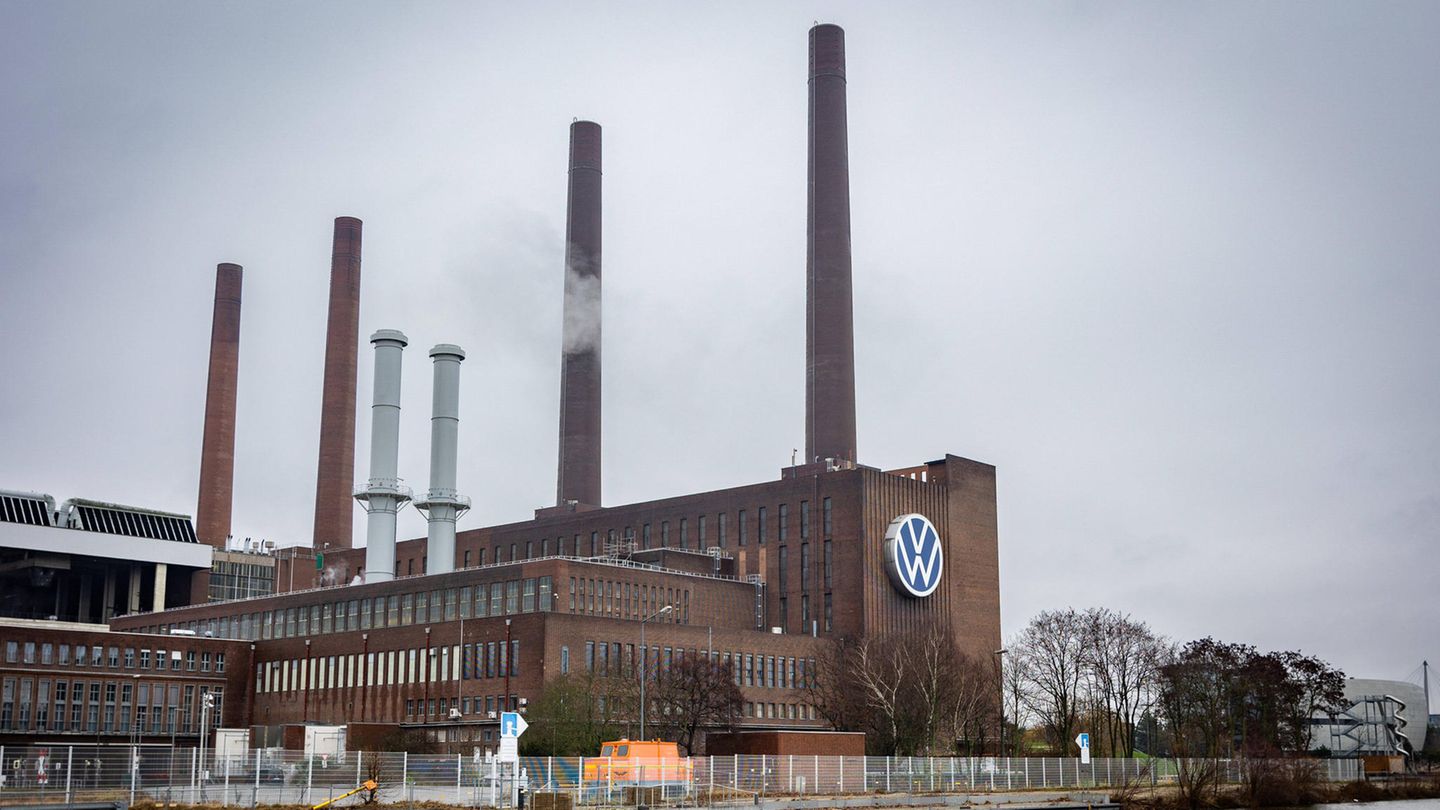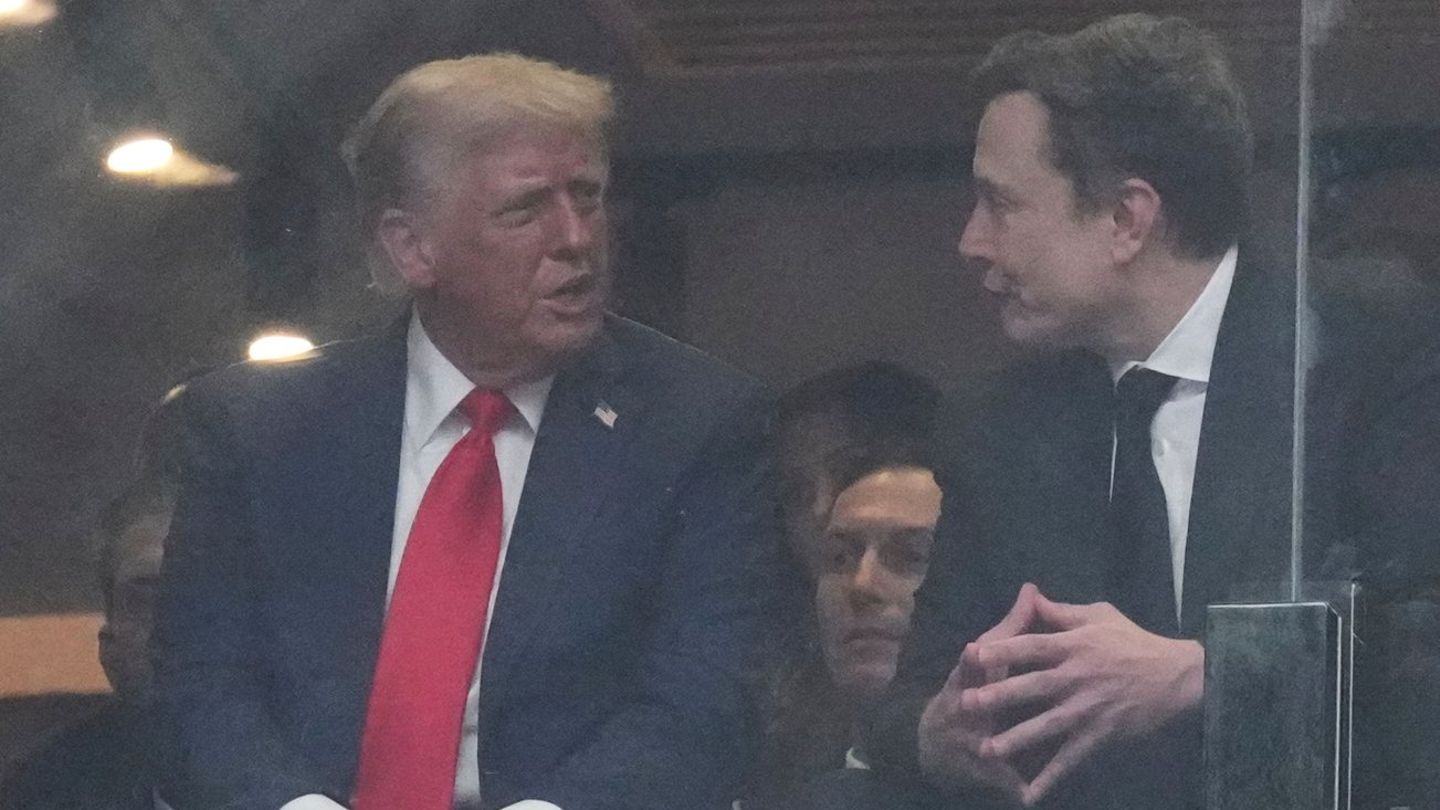Auto industry
VW brand boss: Can’t do without factory closures
Copy the current link
VW employees tried to defend themselves against the factory closures and layoff plans with protests. However, VW brand boss Thomas Schäfer believes there is no alternative to the measures
Despite the violent protests from employees, Volkswagen is sticking to its plans for factory closures and layoffs in Germany. “We have to reduce our capacities and adapt to the new realities,” said the head of the VW brand, Thomas Schäfer, to “Welt am Sonntag”. When asked whether VW could avoid closing a plant, Schäfer said: “We don’t see that happening at the moment.”
Just on Thursday, thousands of VW employees demonstrated in Wolfsburg against mass layoffs and factory closures. The general works council and IG Metall presented a so-called future concept for the third round of collective bargaining, in which they propose a salary waiver for the workforce and the board of directors and in return demand guarantees for employment and locations.
Schäfer told “Welt am Sonntag” that the majority of the “necessary” job cuts “will be possible via the demographic curve.” But that’s not enough because it would “simply take too long.” The “restructuring” of VW should be implemented within a “period of three or four years”.
Schäfer did not name any plants that would be closed. However, he emphasized: “When we talk about factories, the component locations are also included, not just the vehicle factories.”
The head of the VW brand told the newspaper that the company had “done everything it could to find other ideas.” Many of these, such as product improvements and lower logistics and material costs, are already part of the ongoing savings program. However, four billion euros were still missing from the savings target “so that the company can generate enough money to continue investing on its own.”
Everyone should contribute
Only when it comes to labor costs “unfortunately nothing significant has happened yet,” complained Schäfer. Competitors have a labor cost share of around ten percent of sales revenue; at VW it is “significantly more”.
Schäfer agreed to the IG Metall union’s demand for salary cuts in management. “If there is an agreement in the collective bargaining, then for me it is part of it that the board and management make a contribution,” he said. Since January, the board’s fixed salary has been reduced by five percent, and the management has also foregone an inflation compensation of 1,000 euros and a 3.5 percent salary increase.
Lower Saxony’s Prime Minister Stephan Weil (SPD) told the “Süddeutsche Zeitung” that he also sees shareholders as having a duty: “The dividend is not the top priority for the state of Lower Saxony.” Above all, the state of Lower Saxony has a great interest in VW doing well. Lower Saxony owns a 20 percent share in VW. More than half of the shares are owned by the Porsche and Piëch families. Qatar also has shares.
Weil said he was having a lot of conversations as a member of the supervisory board. “Volkswagen is currently my biggest construction site.” His goal is also: “Factory closures should be avoided.”
Weil called for a support package for the entire industry before the new Bundestag elections. “We need a federal subsidy for network fees again and the list of tax-privileged energy-intensive companies must be significantly expanded,” he told the “Süddeutsche”. Otherwise, important sectors and opportunities in the energy-intensive industries of the future would be at risk. “This applies to semiconductors as well as to battery cells and much more.”
Source: Stern




